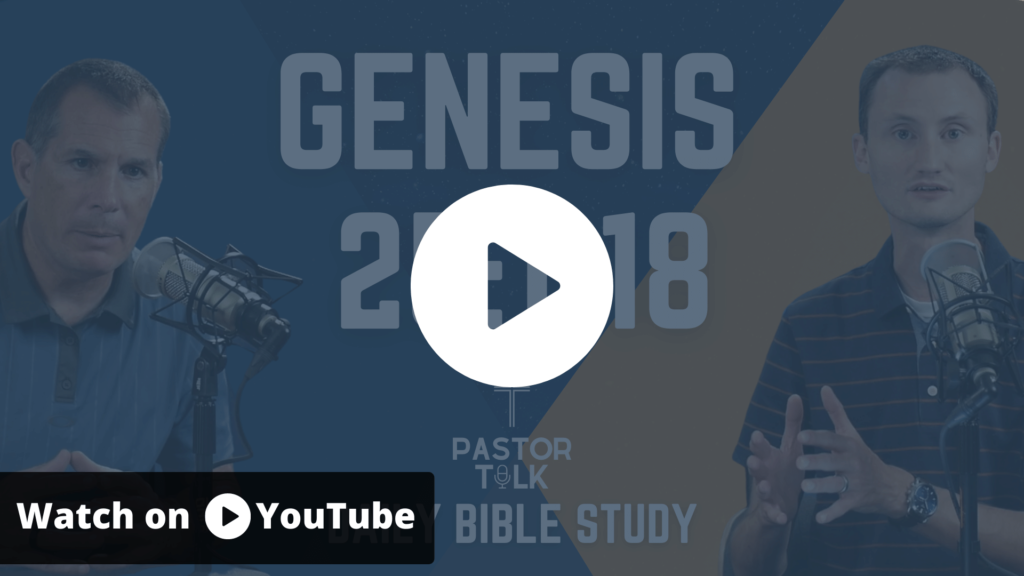
/
RSS Feed
Today marks a turning point in our study of Genesis. Abraham and his son Ishmael both die after living long lives and leaving behind them a lasting legacy. We see that God is faithful to continue the covenantal promise and we set the stage for Isaac and his two sons who are about to come.
Be sure to share this with anyone who you think might be interested in going along on this journey together through Genesis together.

Pastor Talk Quick Links:
- Learn more about the Pastor Talk series and view our previous studies at https://pastortalk.co
- Subscribe to get the Pastor Talk episodes via podcast, email and much more! https://pastortalk.co#subscribe
- Questions or ideas? Connect with us! https://pastortalk.co#connect
- Interested in joining us for worship on Sunday at 8:50am? Join us at https://fpcspiritlake.org/stream
